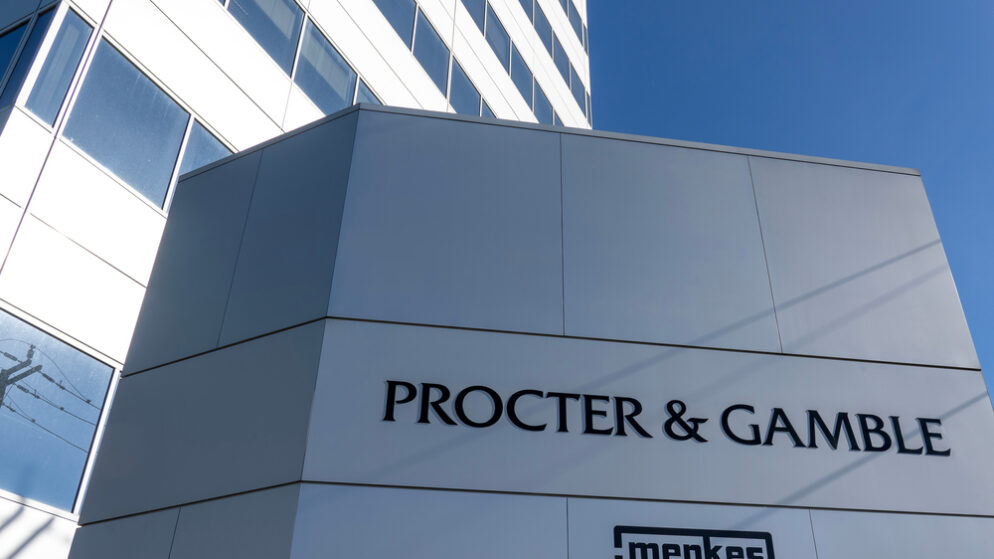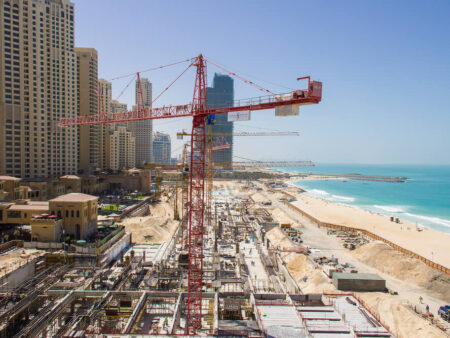

In a dramatic twist of financial fate, Toronto’s city council has greenlit a series of bold measures to address a staggering $1.5 billion budget shortfall. Among these, a particularly daring move has emerged – the city is now rolling the dice on gambling as a potential remedy for its economic woes.
Councillor Frances Nunziata, a vocal proponent of this high-stakes initiative, expressed the sentiment that Torontonians are already investing in games of chance, but the city isn’t reaping any benefits from it. In response to this, council members voted in favor of having staff explore the feasibility of introducing a municipal lottery as a novel revenue tool.
As the city sets its sights on this uncharted territory, questions linger about the potential societal impact and ethical considerations associated with promoting increased gambling. Critics worry about issues such as addiction and social inequality, while proponents argue that the financial gains could significantly alleviate the current budget pressures.
Toronto’s financial crisis
The severity of Toronto’s financial crisis is evident in the city’s grappling with a substantial $1.5 billion budget shortfall. This deficit places immense strain on the city’s ability to fund essential services, and infrastructure projects, and meet the growing needs of its residents. The city council’s approval of a series of bold measures, including tax increases and exploring unconventional revenue sources like gambling, underscores the urgency and complexity of the financial situation.
Come January 1, 2024, the city plans to crank up the heat on homeowners with a taste for the finer things. Luxury homes valued at $3 million or more will face a beefed-up municipal land transfer tax. Picture this: a 3.5% tax for homes over $3 million, escalating to a jaw-dropping 7.5% for those palatial estates above the $20 million mark. Toronto’s skyline might be impressive, but so are these anticipated tax rates!
If you thought your urban parking struggles were already a headache, get ready for a migraine. The city council has scrapped the $5/hour cap on-street parking, unleashing a parking fee free-for-all. No more budget-friendly curbside stays.
A municipal sales tax might also be looming on the horizon. Mayor Olivia Chow has reportedly been eyeing a slice of the financial pie by proposing a tax on goods and services within the city. But not everyone is a fan of this retail rollercoaster. Some councilors argue it could drive shoppers away, leaving Toronto businesses with empty cash registers.
Can gambling make things better?
Toronto is now setting its sights on the allure of the lottery, aiming to turn the dreams of a fortunate few into funding for transit and housing projects that benefit the entire city. The prospect of unlocking a gambling gold mine during times of governmental financial crisis is not an entirely unprecedented move in Canada.
Historically, lotteries have been employed to fund critical infrastructure projects, turning dreams of jackpot wins into tangible improvements for the community. As mentioned above, Councillor Frances Nunziata, a vocal advocate, asserts that residents are already engaged in games of chance without the city reaping any rewards.
By formalizing this activity, the city aims to turn dreams of jackpot wins into tangible funds for vital projects, a strategy reminiscent of Canada’s historical use of lotteries to finance critical infrastructure. However, as Toronto flirts with this uncharted financial territory, concerns abound. Critics worry about the potential societal impact of increased gambling, including addiction and exacerbation of social inequalities.
As such, the ethical considerations surrounding the promotion of gambling as a revenue solution raise complex questions that demand careful consideration. Several factors help to explain why Toronto may never have considered fully embracing a legalized lottery market. For instance, The decision to legalize lotteries may also be influenced by public opinion and the prevailing cultural values in Toronto and Ontario.
For decades, communities have resisted the idea of embracing gambling as a legitimate source of revenue owing to cultural considerations. Plus, since there has always been a longstanding tradition of not legalizing the lottery market, as well as other forms of gambling, policymakers have been hesitant to deviate from this historical stance.
Legalizing lotteries also requires establishing robust regulatory frameworks to ensure fair play, prevent fraud, and address potential social issues. The regulatory process can be complex and resource-intensive, requiring careful consideration of the potential risks and benefits. For a city that’s already on the brink of financial ruin, financing the regulatory process might prove more difficult than expected.
If Toronto wants to legalize its lottery market as an additional source of much-needed revenue, the path must involve a multifaceted approach. As city officials continue to examine these unconventional revenue sources, evaluating the feasibility, potential revenue generation, and societal impacts of these initiatives will likely continue.
Given the unconventional nature of some proposed measures, public engagement and communication will also be crucial. Toronto’s leaders will need to keep residents informed about the rationale behind these decisions, the expected benefits, and any potential impacts on the community.
Transparency in financial reporting and regular updates to the public and stakeholders must also be a part of the plan. Clear communication about the city’s financial situation, the progress made, and any challenges encountered will build trust and understanding among residents.
Final Thoughts
This gamble on gambling is not just a roll of the dice for Toronto; it’s a calculated risk in the quest for a solution to the pressing financial shortfall. Will this bold move pay off, providing the much-needed influx of funds for crucial city projects? Only time will reveal whether Toronto’s leap into the world of gambling will be a game-changer, or a gamble gone awry. The city’s financial fate now hangs in the balance, waiting for the roulette wheel of revenue generation to spin and determine its future.
In this high-stakes gamble for financial redemption, Toronto finds itself at a crossroads. The city’s leaders are navigating a complex terrain where each decision carries weighty consequences. As the dice roll and the cards are dealt, Toronto’s financial fate hangs in the balance, waiting for the city’s bold initiatives to either soar as a visionary success or fizzle out as a gamble gone awry.



